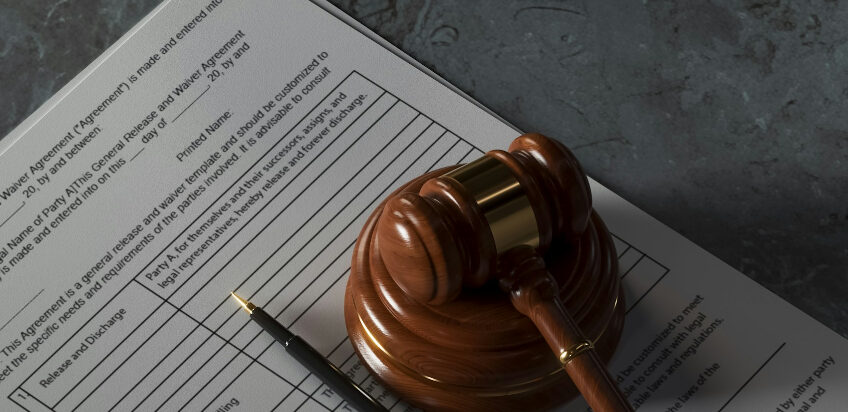Facing a denied insurance claim can be frustrating, especially when you rely on that coverage to recover from an accident, property damage, or other losses. In New Jersey, insurance companies are legally required to handle claims in good faith and provide clear reasons for denial. If your claim has been denied, there are several steps you can take to challenge the decision and potentially secure the compensation you deserve.
Understand the Reason for the Denial
The first step is to carefully review the denial letter from the insurance company. This document should outline the specific reasons for the denial. Common reasons include:
- Lack of coverage for the event or item in question
- Missed deadlines for filing the claim
- Insufficient documentation to support the claim
- Allegations of policy violations or fraud
Knowing why your claim was denied will help you build a strong case to dispute it.
Review Your Policy
Read your insurance policy thoroughly to confirm the coverage, exclusions, and limits. Pay close attention to:
- Coverage types and limits
- Specific exclusions
- Filing deadlines (known as the statute of limitations) Understanding the terms of your policy is essential for determining whether the denial was justified.
Gather Evidence
If you believe your claim was unfairly denied, start gathering evidence to support your case. This may include:
- Photographs of the damage or injury
- Receipts, invoices, and repair estimates
- Police reports or medical records
- Correspondence with the insurance company Organize these materials to present a clear and compelling argument.
Request a Formal Appeal
Many insurance companies have an internal appeal process. Contact your insurer and request instructions for filing an appeal. Be prepared to provide:
- A detailed explanation of why you believe the denial was incorrect
- Copies of all supporting documents Submit your appeal within the specified time frame, as delays can result in the loss of your right to challenge the denial.
Consult with an Attorney
If your appeal is unsuccessful, it may be time to consult with an experienced insurance attorney in New Jersey. An attorney can:
- Review your policy and claim denial
- Negotiate with the insurance company on your behalf
- Represent you in legal proceedings if necessary New Jersey law provides protections against bad faith insurance practices, which occur when an insurer unreasonably denies a valid claim or delays payment.
File a Complaint with the New Jersey Department of Banking and Insurance
If you suspect your insurance company is acting in bad faith, you can file a complaint with the New Jersey Department of Banking and Insurance (DOBI). The department investigates consumer complaints and ensures compliance with state regulations.
Consider Litigation as a Last Resort
If all other efforts fail, you may need to file a lawsuit against the insurance company. This step should be taken only after consulting with a qualified attorney. Litigation can be time-consuming and costly, but it may be necessary to secure the compensation you deserve.
Final Thoughts
Challenging a denied insurance claim in New Jersey requires persistence, attention to detail, and sometimes legal assistance. By understanding your rights and following the appropriate steps, you can improve your chances of a successful resolution. Remember, insurance companies are obligated to act fairly, and you have the right to hold them accountable.
